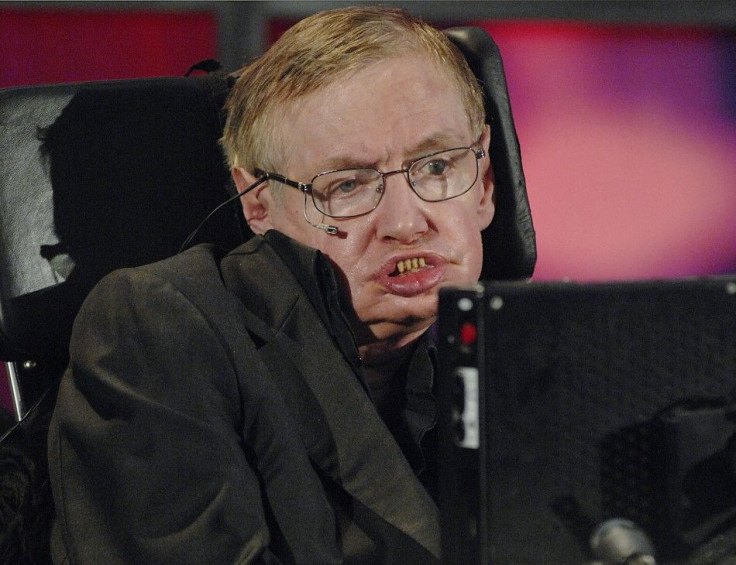Stephen Hawking: Longest ALS Survivor, but Too Ill to Celebrate 70th Birthday

Stephen Hawking, the world renowned theoretical physicist, was too ill Sunday to celebrate his 70th birthday, but that didn't stop people around the world from sending well wishes.
It's wonderful that we are celebrating Stephen's 70th birthday. It's a chance to thank him for the many insights he's given us about the universe, and ... for the inspiration he's offered to millions by achieving so much against all the odds, Astronomer Royal Martin Rees was quoted by Reuters .
Hawkings was due to speak at a symposium Sunday that was cancelled as he recovered from an undisclosed illness that recently left him hospitalized.
In 1963, doctors diagnosed the then 21-year-old Hawkings with amyotrophic lateral sclerosis, a disease made famous by baseball great Lou Gehrig who died from the neurodegenerative disorder. Hawkings beat all odds not only by surviving the disease but becoming one of the most celebrated physicists of his time, including becoming the Lucasian Professor of Mathematics at Cambridge University, a teaching post once held by Sir Isaac Newton himself. Hawking recently retired from the post, but is currently the director of research at the Department of Applied Mathematics and Theoretical Physics at Cambridge.
Doctors initially estimated that the physicist would live two more years, but Hawking outlasted them by decades. He is known as one of the longest, if not the longest, surviving patients with ALS in history. Over time, his health has deteriorated: he is confined to a wheelchair and in 1985, he lost his ability to speak, but he remained an engaging scientist.
His ability to engage people in the process of scientific discovery through his books, lectures, and television programs has opened countless inquisitive minds to a universe full of possibilities, Justin Rattner, chief technology officer at Intel, which provides Hawking's voice synthesizer, told Reuters.
When Stephen lost the use of his hands and could no longer manipulate equations on paper, he compensated by training himself to manipulate complex shapes and topologies in his mind at great speed, Kip Thorne, a theoretical physicist and Hawking collaborator, told Reuters. Hawking has said that his illness allowed him to focus on his research.
That ability has enabled him to see the solutions to deep physics problems that nobody else could solve, and that he probably would not have been able to solve, himself, without his newfound skill, Thorne said.
© Copyright IBTimes 2025. All rights reserved.





















